Ever notice how some people have credit cards with crazy high limits, like a small mortgage? I used to wonder too, until I figured it all out. Getting a high-limit card isn’t about luck. It’s all about your creditworthiness and having a solid strategy. Lenders need to see that you’re responsible with borrowing before they hand over a big credit line. This guide will show you the steps. We’ll cover boosting your credit score and picking the right issuer to help you get that high limit you want. Keep in mind, cards like the Shane Co card have their perks, but you need to find one that fits your money situation best.
Table of Content
- Understanding What a High Credit Limit Means
- Building a Credit Profile That Impresses Issuers
- Proven Strategies to Increase Your Credit Card Limit
- Choosing the Right High Limit Credit Card for You
- Navigating the Application Process Successfully
- Managing Multiple Cards and Your Overall Credit Health
- Maintaining Your High Limit and Avoiding Pitfalls
- FAQ About how can i get a high limit credit card
Understanding What a High Credit Limit Means
Defining a High Credit Limit
A u201chighu201d credit limit is relative and depends heavily on the card issuer and your income. Usually, if you get $5,000 or more, that’s where high limits start. Some fancy cards even give you $20,000, $50,000, or way higher.
Itu2019s not a one-size-fits-all number. A student might think $2,500 is huge, but a working pro could find anything under $15,000 pretty limiting. The big plus is it helps your credit utilization ratio—that’s a huge part of your credit score.
Keeping your spending below 30% of your total available credit shows lenders youu2019re a low-risk borrower.
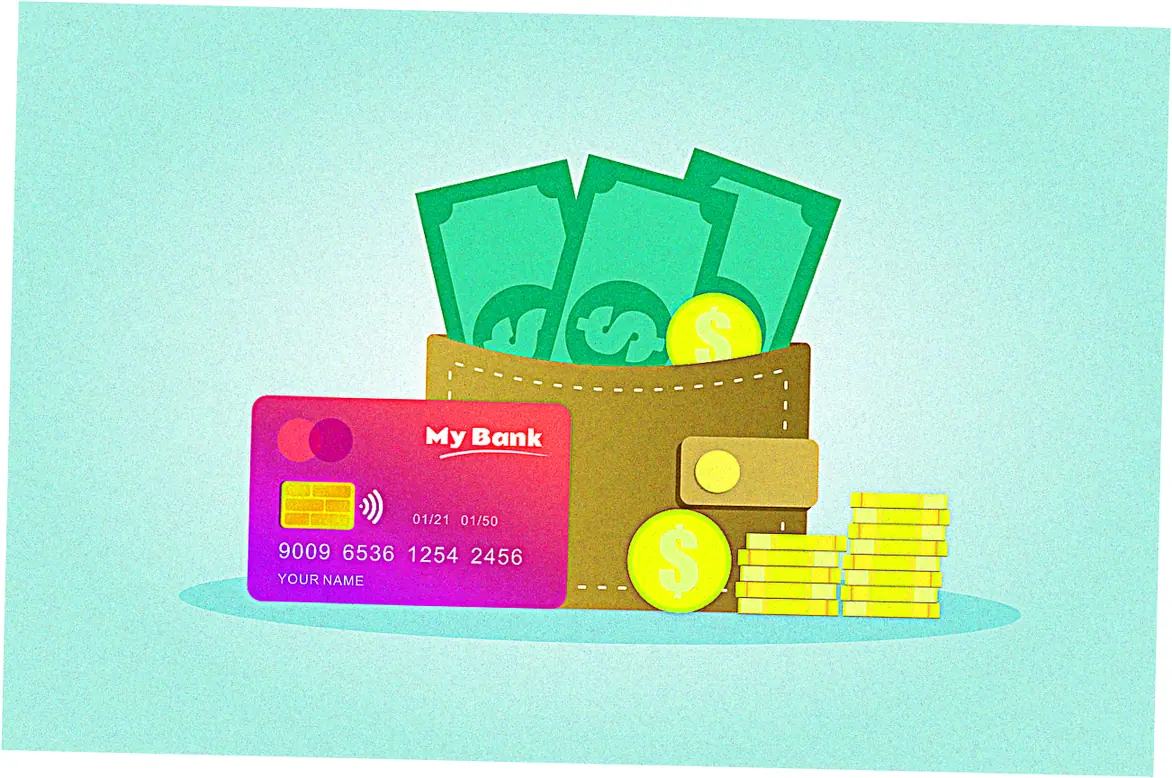
Why a High Limit Matters for Your Financial Health
Sure, you can buy more stuff, but a high limit also helps you build a solid money foundation. The best part? You can handle big bills or surprises without messing up your credit score right away.
Imagine putting a $2,000 charge on a card with a $2,500 limit—that shoots your utilization to 80%, which looks bad. But that same charge on a $20,000 limit card is only 10%, which is totally fine.
When you use it responsibly, the credit bureaus notice and it builds a good history for you. My credit score shot up after I got a higher limit and just kept spending like normal.
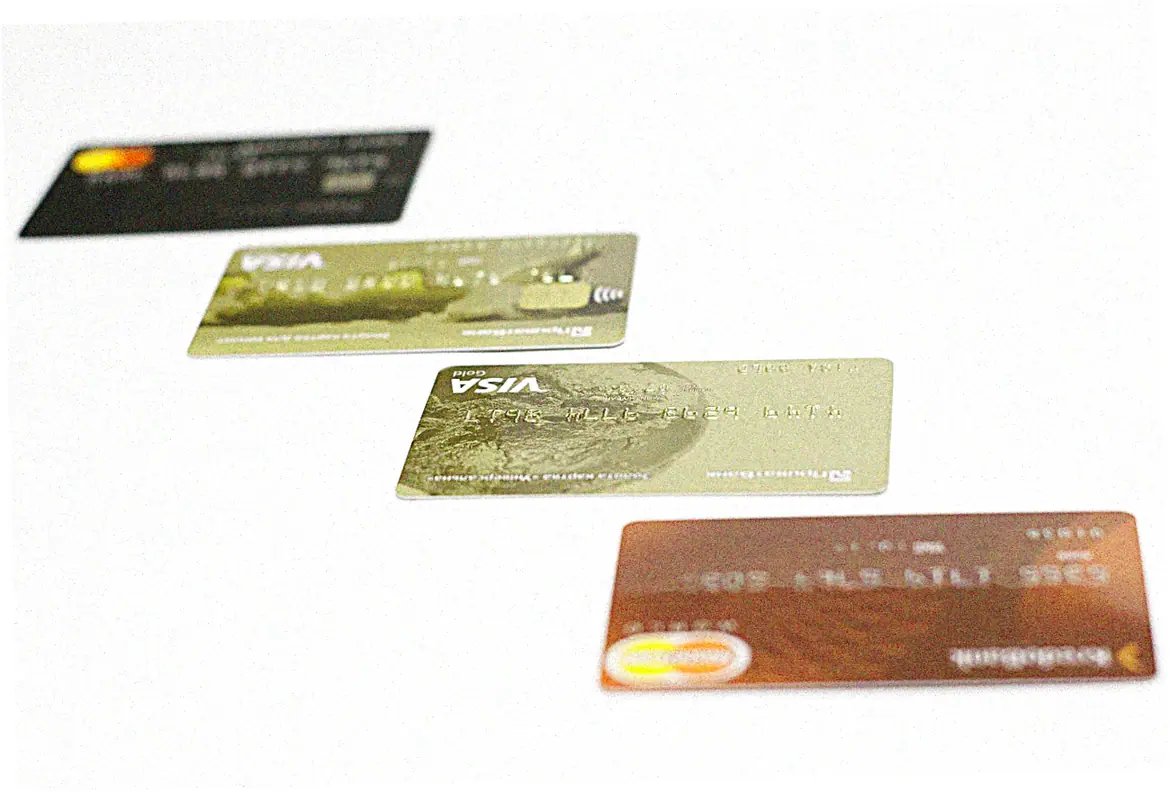
Building a Credit Profile That Impresses Issuers
The Pillars of a Strong Credit History
Issuers donu2019t hand out high limits based on a hunch; they meticulously analyze your credit history. They focus on three main things: you’ve paid on time for a long while, you’re not using too much
of your available credit, and you have different types of credit, like loans and credit cards. Just one late payment can stick on your report for seven whole years, and that’s a huge red flag for them.
My advice? Set up autopay for at least the minimum payment. That way, you never miss a due date. Being consistent is what really matters. Showing youu2019ve reliably managed credit accounts for several years is far more impressive than a high income with a short credit history.
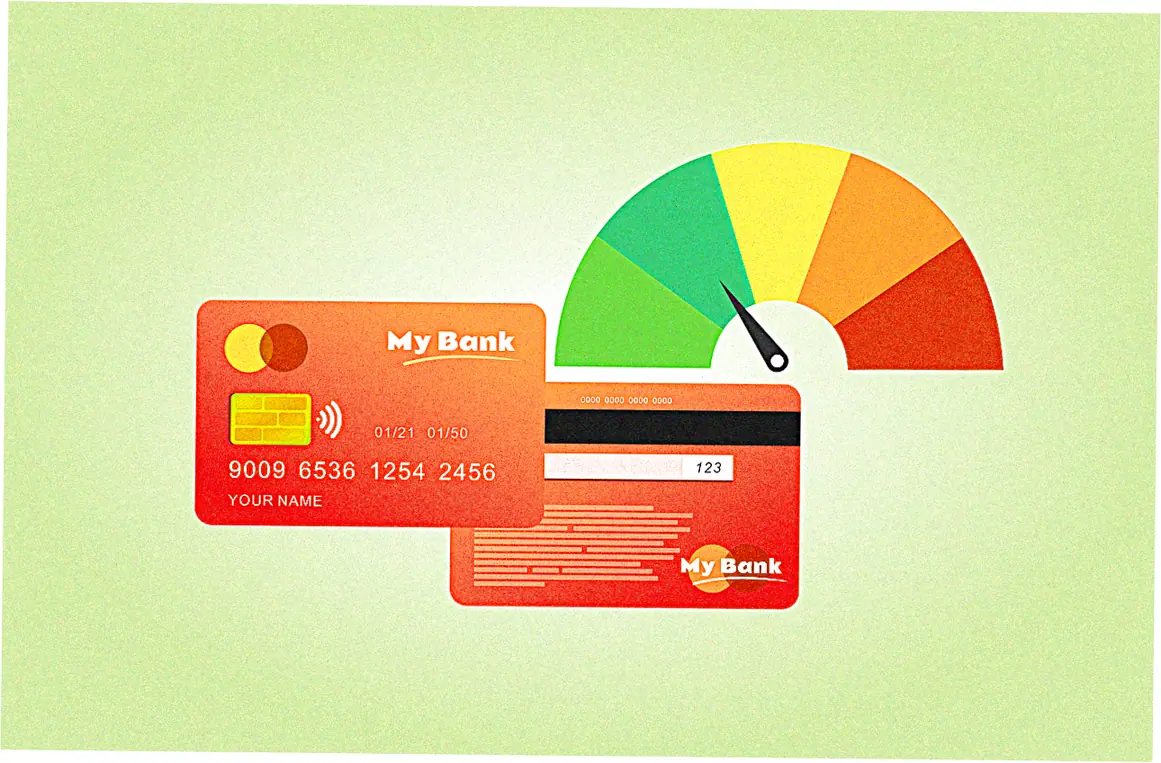
How Your Income and Debt-to-Income Ratio Factor In
How much money you make is super important. A bigger income shows you can probably pay back more debt, so issuers feel better about giving you a high credit limit. But your income isn’t the only thing that counts.
They also figure out your Debt-to-Income Ratio, or DTI. That’s your total monthly debt payments divided by your monthly income before taxes. If your DTI is under 36%, you’re in a great spot to get a card with a high limit.
Got a high DTI? Then work on paying off some debt first—like a car loan or personal loan—before you apply. This totally worked for one of our clients. They paid off a small personal loan, and then got approved for a card with a limit ten thousand dollars higher than before.
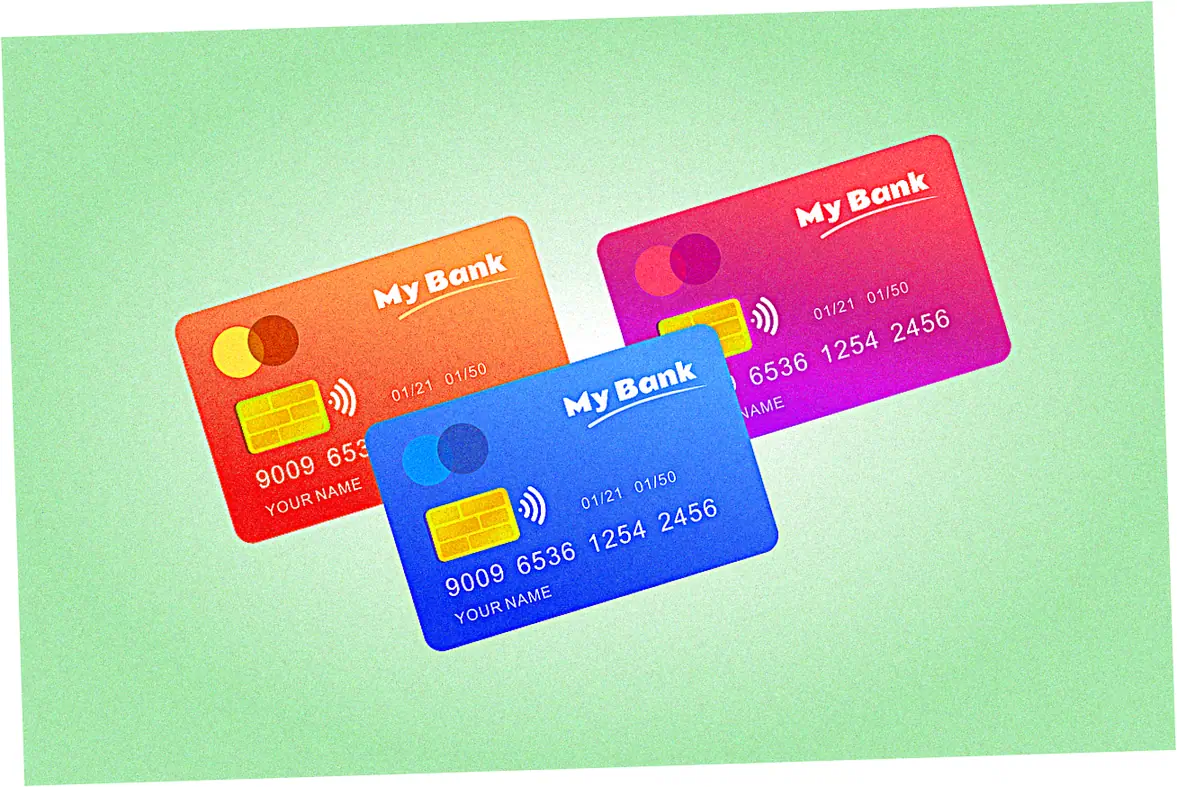
Here are some proven ways to get a higher credit card limit.
Timing Your Request for a Credit Limit Increase
Got a card already? Just ask for an increase—it’s the fastest way to get a higher limit. Timing is everything. Ask at the right time, and your chances go way up.
The best moment is after a positive financial event, such as a significant raise, a bonus, or after youu2019ve paid down a large chunk of debt. Also, wait until youu2019ve been a customer in good standing for at least six months to a year.
Most card issuers let you request a higher limit online right from your account. I’d say do it after your low balance shows up on your credit report—that way they see you’re not using too much credit.
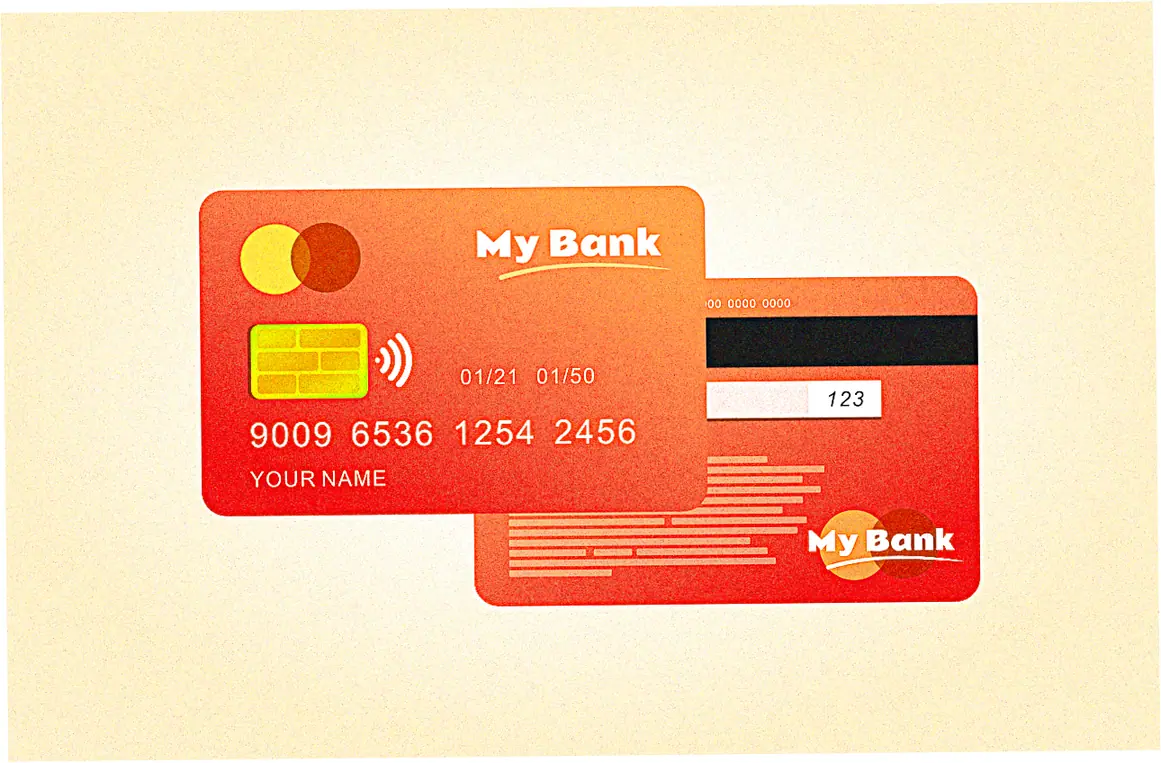
Leverage Relationship Banking for Better Offers
Banks really like keeping their current customers happy. If you already bank with them—like having a checking or savings account, or a mortgage—you’re more likely to get a higher limit on their cards. This is what people call relationship banking.
They know more about how you handle money, so they see you as less risky. For example, if you bank with Chase and get your paycheck deposited there regularly, you might get a better offer on a Sapphire
card than someone with the same credit score who doesn’t bank with them. Itu2019s always worth checking pre-approved offers within your online banking account first.
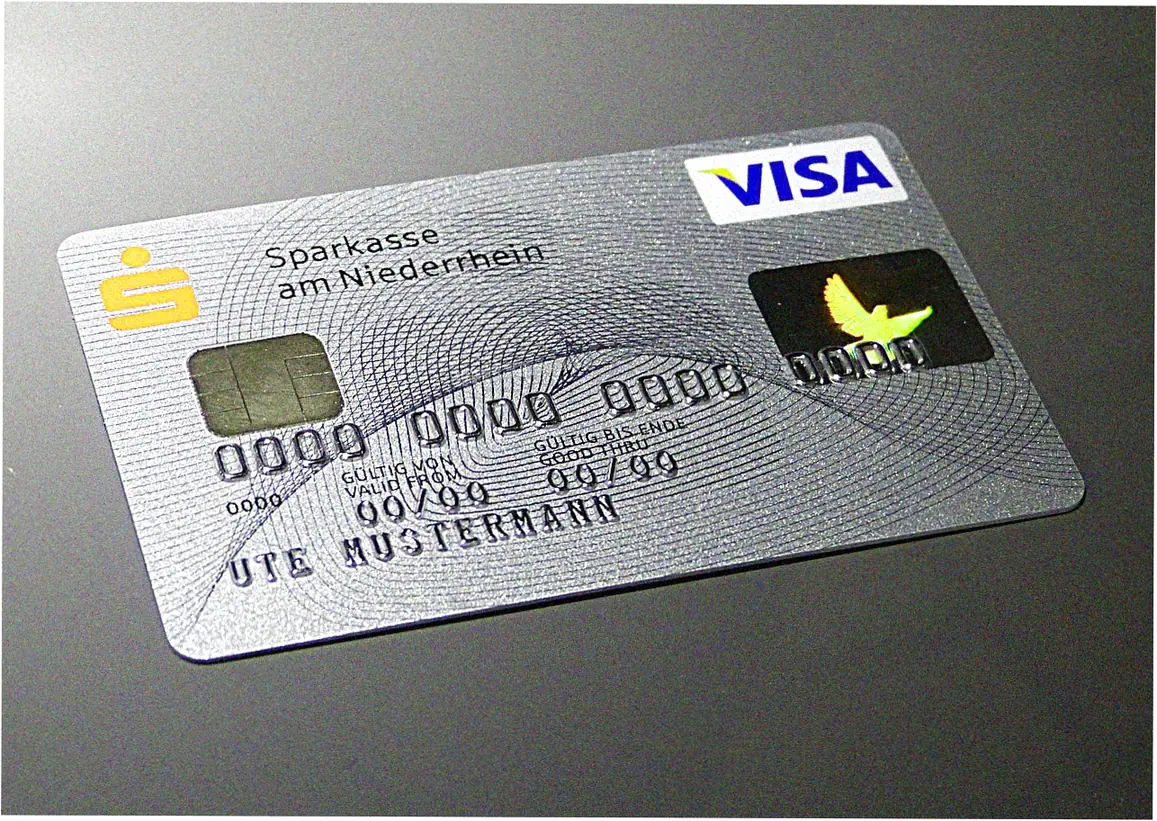
Choosing the Right High Limit Credit Card for You
Comparing Cards for Maximum Value
Not every high limit credit card is the same. You want to pick one that fits how you spend and what you’re aiming for. Premium travel cards usually offer the highest credit limits, but they also charge hefty annual fees.
Cash-back cards might have a bit lower limits, but their rewards are simple and clear. When you compare, don’t just look at the limit. Check out the annual fee, the APR, how rewards work, and any sign-up bonus.
A card like the Shane Co credit card offers specific benefits for jewelry purchases, which is fantastic if thatu2019s a planned expense, but less valuable if you seek travel perks. We keep a handpicked list of top cards for different types of spenders.
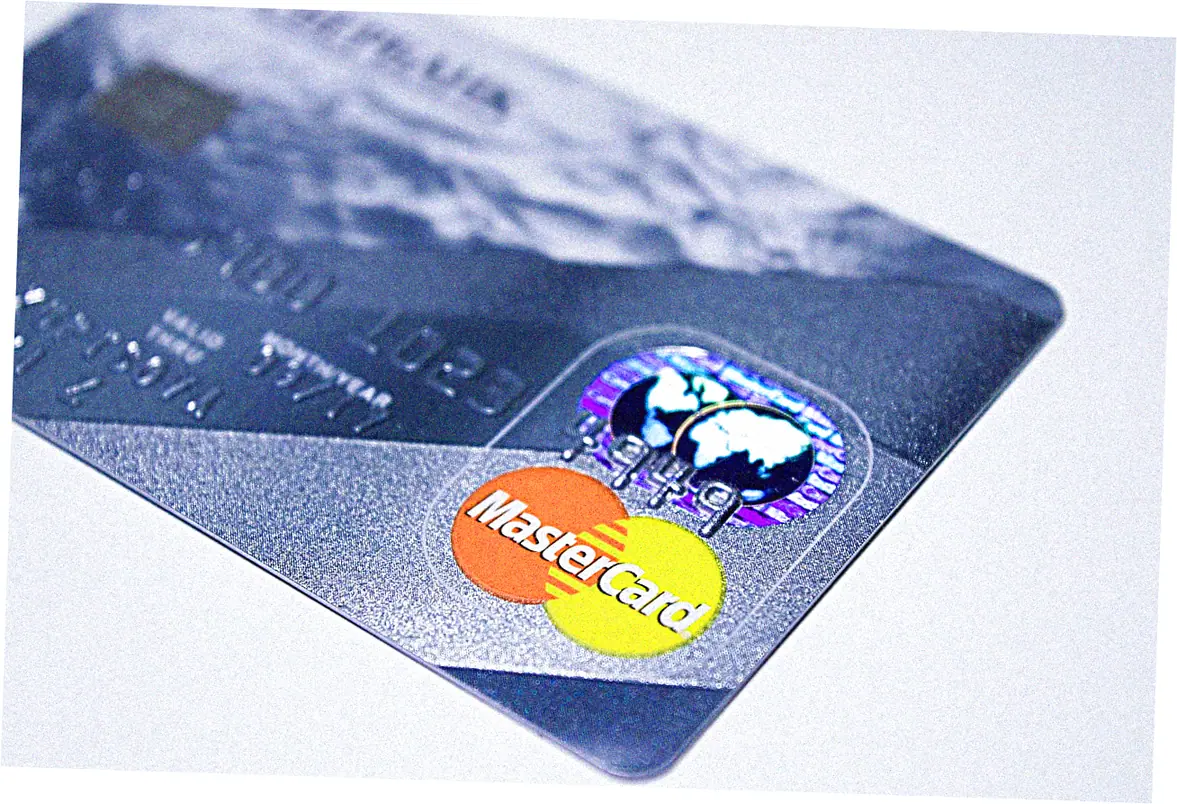
Understanding the Role of Secured Cards
If you’re building or rebuilding credit, a secured card is a smart first step. You put down a refundable deposit, and that usually sets your credit limit.
By using a secured card responsibly for 12-18 monthsu2014making full, on-time paymentsu2014you demonstrate creditworthiness. Many issuers will then return your deposit and u201cgraduateu201d you to an unsecured card with a higher limit.
This isnu2019t a quick fix, but itu2019s one of the most effective methods Iu2019ve seen for establishing a positive history from scratch or repairing past mistakes. Itu2019s a practical investment in your financial future.
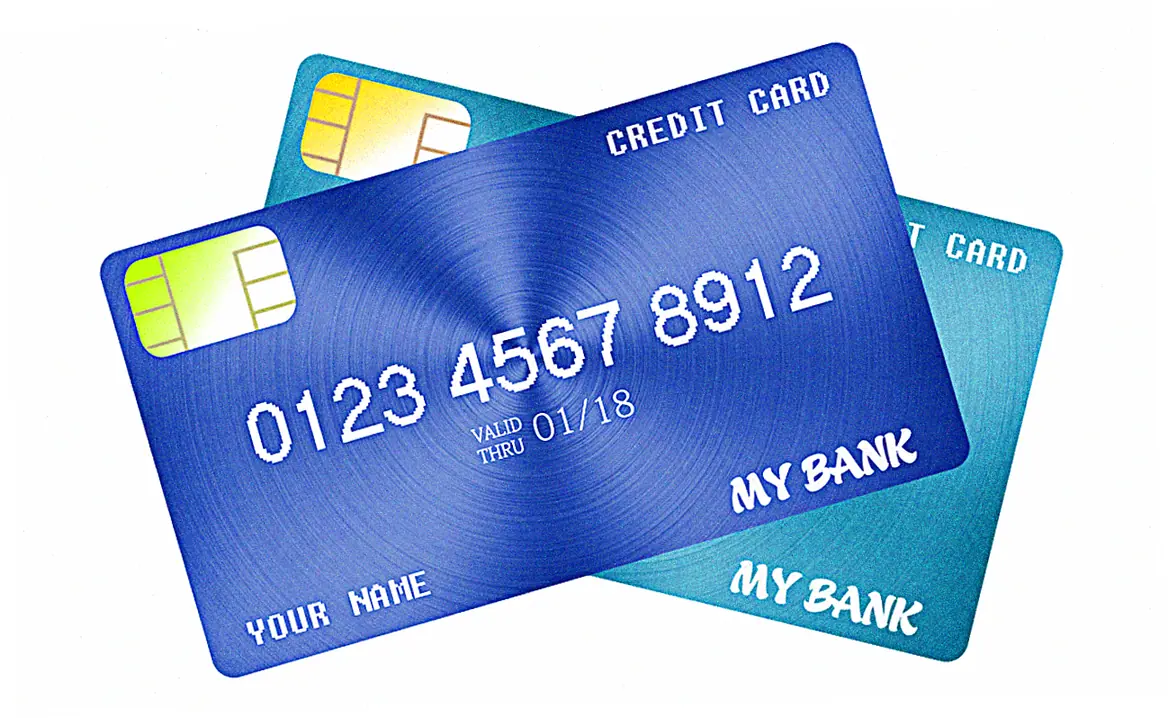
Navigating the Application Process Successfully
Pre-Qualification vs. Formal Application
Before you actually apply for a card, make sure to check out pre-qualification tools first. These soft inquiries donu2019t affect your credit score and give you a preview of the cards and limits you might be approved for.
It’s a super helpful way to see where you stand without risking a hard pull. Only submit a formal application—which does a hard inquiry—when you’re pretty sure you’ll get approved.
Too many hard inquiries in a short period can lower your score and signal to lenders that youu2019re desperate for credit. I learned this the hard way—I applied for three cards in one month and got rejected for the last two. Spacing out your applications is key.
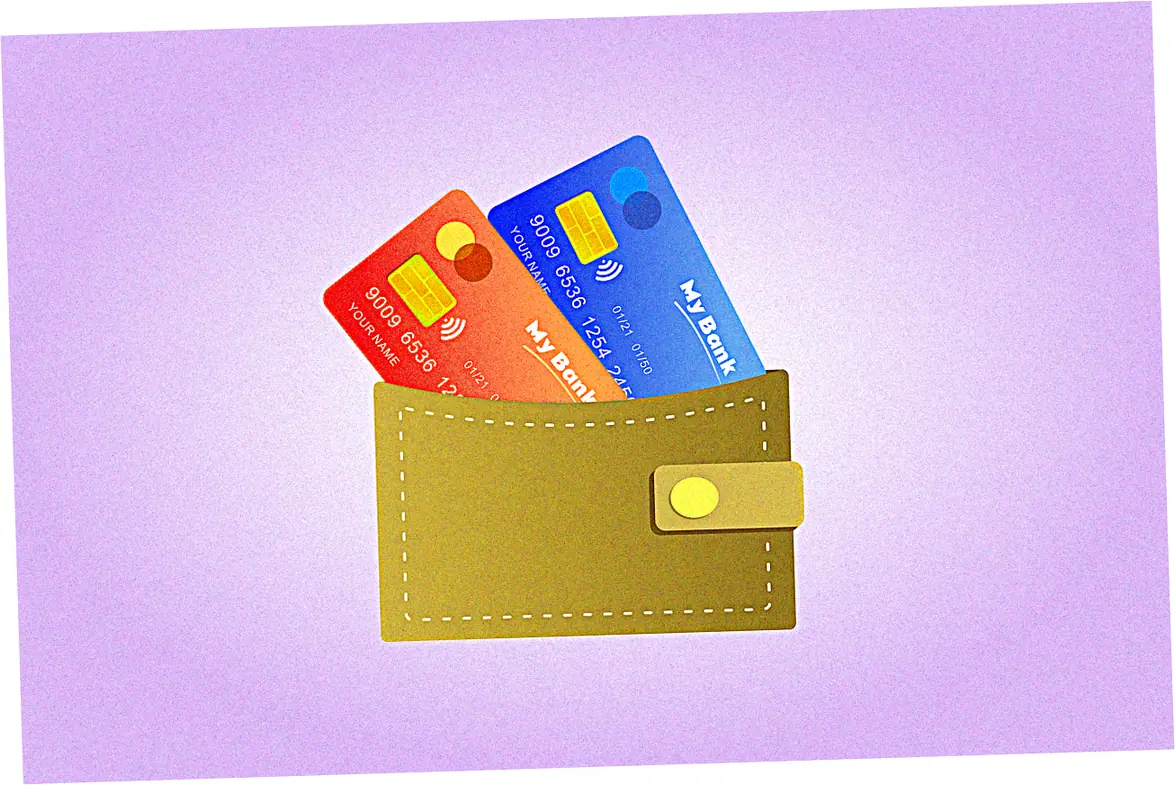
What to Do If Your Application Is Denied
Getting denied isn’t the end of the world. By law, they have to send you a letter saying why you were denied. Common reasons are things like a low credit score, high debt-to-income ratio (DTI), not enough income, or too many recent credit checks.
Use that letter like a roadmap. If your DTI is too high, work on paying down debt. If itu2019s a short credit history, consider becoming an authorized user on a family memberu2019s old, well-managed account to piggyback on their history.
You can also call the issueru2019s reconsideration line to politely make your case, perhaps highlighting a recent income change. Stay persistent, fix the main issues, and you’ll eventually get that high limit credit card.
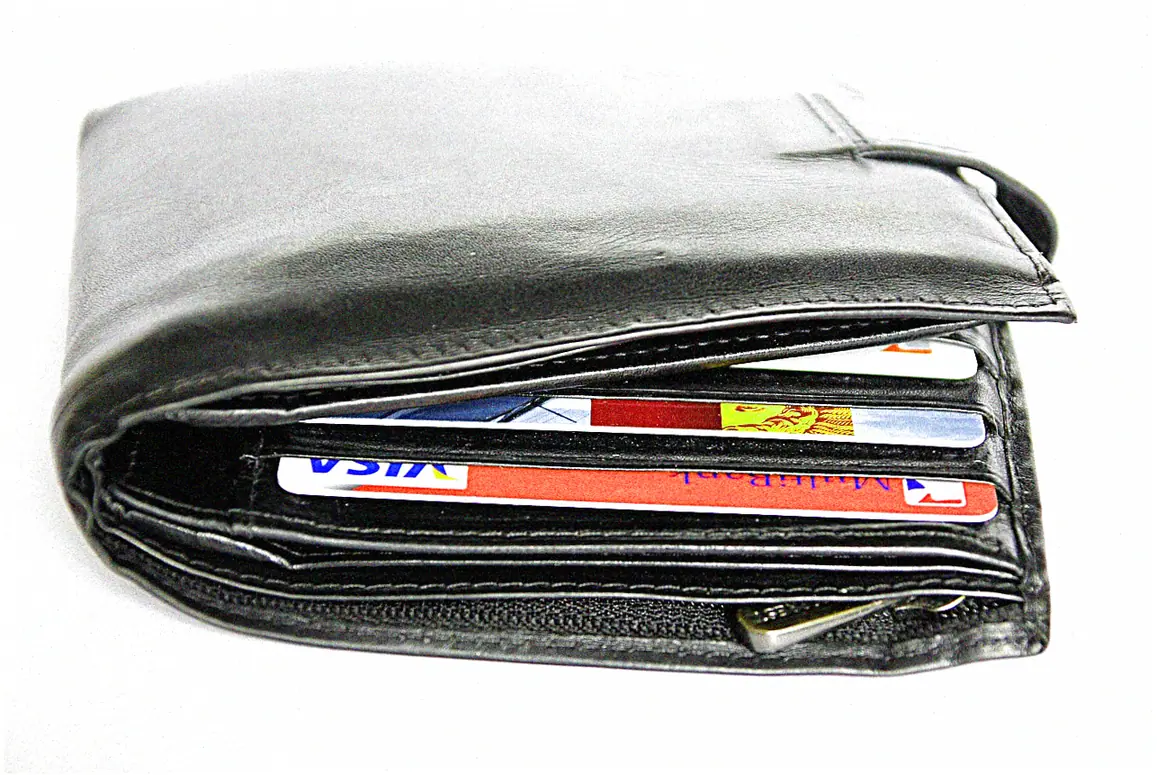
Managing Multiple Cards and Your Overall Credit Health
How Many Credit Cards Should I Have?
A common question we get is, u201chow many credit cards should I have?u201d Thereu2019s no magic number, but a common sweet spot for building strong credit is 2-4 cards.
This gives you a higher total credit limit, which helps keep your overall credit utilization low. If you only have one card, your credit score can swing a lot based on how much you spend on it.
But be careful – opening too many cards too fast can hurt your score. Each new card brings down the average age of your credit accounts. It really comes down to how disciplined you are.
If you can handle multiple payments on time, having several cards is a smart way to earn more rewards and build your credit.
Advanced Tactic: The Art of Balancing Credit Limits
Once you’ve got multiple cards, you can start managing your credit more actively. If one card has a much lower limit, you can ask for a credit limit increase on that card. That’ll boost your total available credit.
Some people also practice u201ccredit card surfing,u201d where they transfer part of their credit limit from one card to another within the same issuer (e.g., from a Chase Freedom to a Chase Sapphire).
This puts more spending power on your premium card. Itu2019s an advanced tactic and not all issuers allow it, but itu2019s worth inquiring about if you have a strong relationship with the bank.
Maintaining Your High Limit and Avoiding Pitfalls
Responsible Usage to Keep Your Privileges
Getting a high credit limit is just the first step – keeping it takes real discipline. The worst thing you can do is max out your card. Even if you pay it all off, a high balance can tank your credit score fast and scare your card issuer.
They might even cut your limit if they think you’re spending too risky. Just use your card for normal expenses and pay the full balance every month. This shows you’re responsible with credit and avoid
expensive debt. See your high limit as a cash flow backup, not free money to live beyond your means.
Recognizing the Warning Signs of Financial Strain
Itu2019s crucial to stay self-aware. A high limit can trap you if it makes you overspend. If you find yourself carrying a balance from month to month, only making minimum payments, or using the card for
impulse buys you canu2019t immediately repay, itu2019s a sign to pause. Interest on big balances adds up crazy fast. The benefits of a card, like the specific avant credit card benefits, are nullified
if youu2019re paying more in interest than you earn in rewards. Your credit card should help you, not stress you out. If you feel youu2019re losing control, focus on paying down the balance before it becomes unmanageable.
Getting a high-limit credit card takes time – it’s a marathon, not a sprint. You need good credit, a smart application strategy, and most importantly, solid money habits.
Start by checking your credit report, fixing any issues, and using your current cards responsibly. Use pre-qualification tools to find your best options and donu2019t be discouraged by a denialu2014use it as a learning experience.
Ready to move forward? Check your credit score free on Credit Karma or AnnualCreditReport.com to see where you’re at now.
FAQ About how can i get a high limit credit card
What’s the quickest way to score a high credit limit?
The fastest legit way is to just ask your current card company for a higher limit. This works great if you’ve gotten a raise or always pay your bill on time.
Or, try applying for a new card with a bank you already use, like where you have a checking account. They often give you a better starting limit.
Can you get a high limit card with just a fair credit score?
It’s tough, but not totally impossible. You probably won’t get those top-tier premium cards with the huge limits. Look for cards meant for building credit, or from companies known to give higher limits to people with fair credit.
You might have better luck at a credit union. Another option is a secured card where you put down a big deposit to build a good history first.
Will asking for a higher credit limit hurt my score?
That really depends on your card company. Some perform a u201csoft inquiryu201d that doesn’t affect your score. Others may perform a u201chard inquiry,u201d which can cause a small, temporary dip.
Always check with your issuer first to see what kind of check they’ll do. The upside of a higher limit—like lowering your credit usage—is usually worth the small hit from one hard inquiry.
How often can I ask them to raise my credit limit?
It varies by company, but a good rule is to wait at least six months between asks. Some banks might let you ask every 4 to 6 months, but others make you wait a full year.
Asking too often can look like you’re desperate for credit and might get you denied. Always make sure your account is in good shape and you’ve been paying on time before you ask.